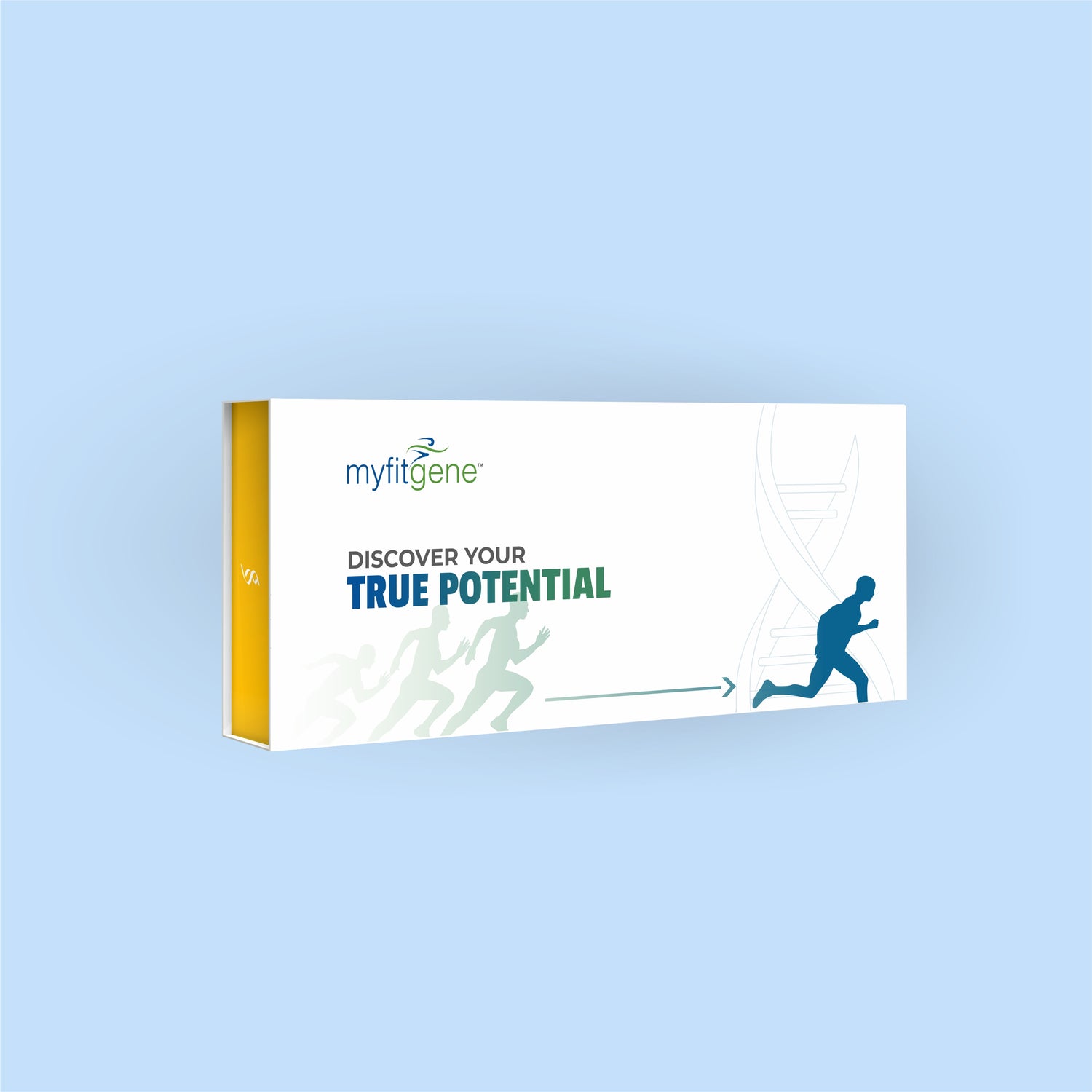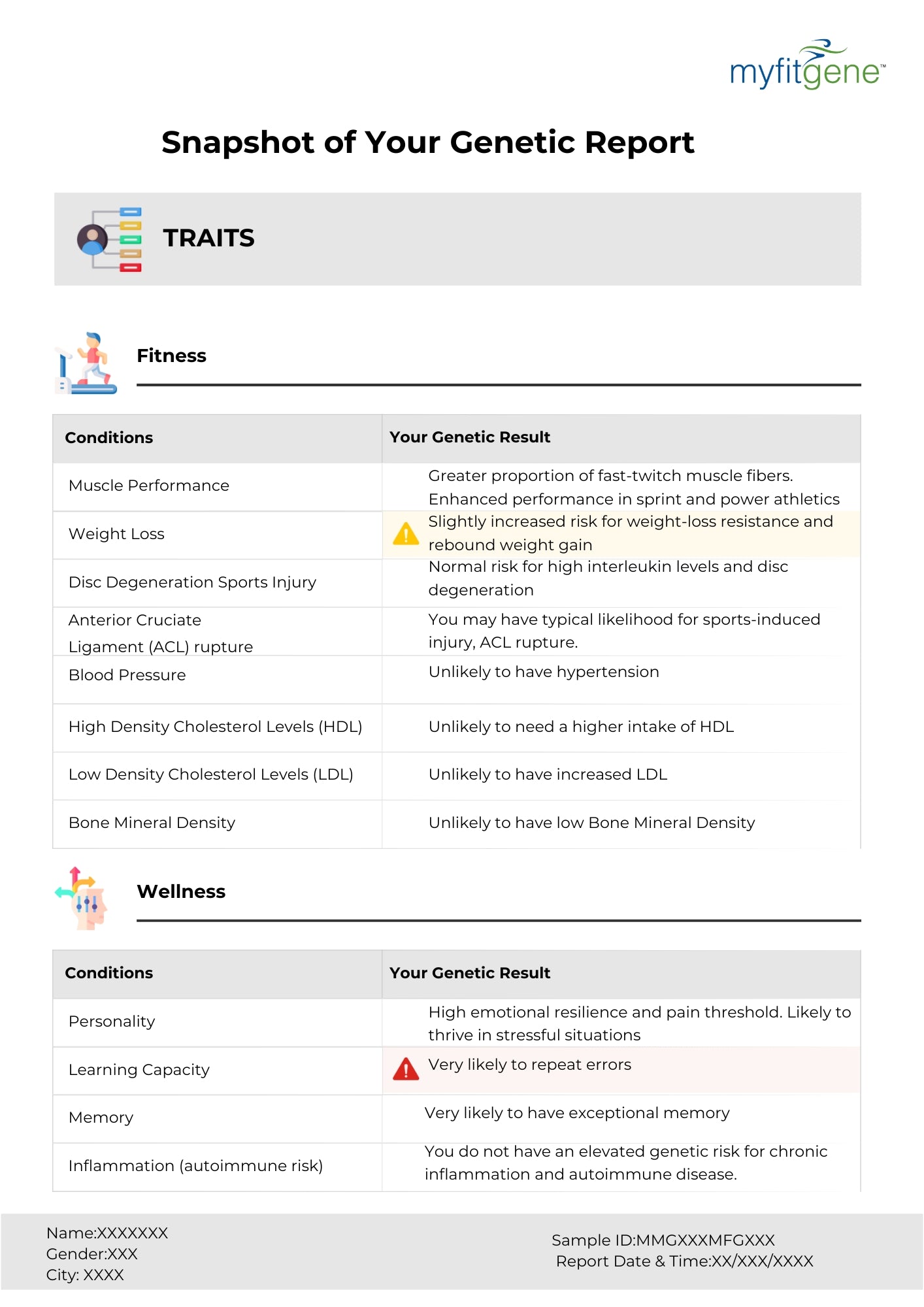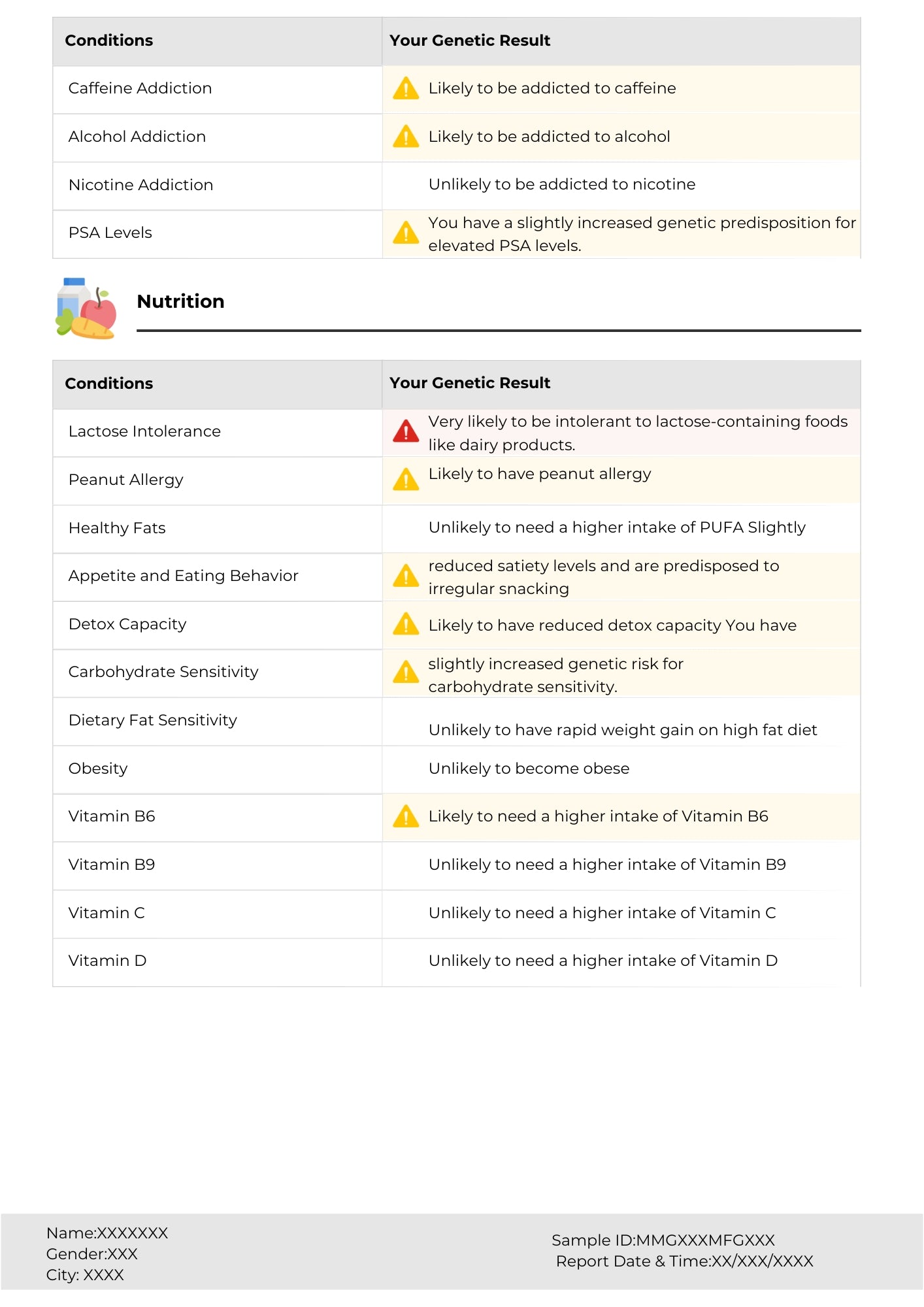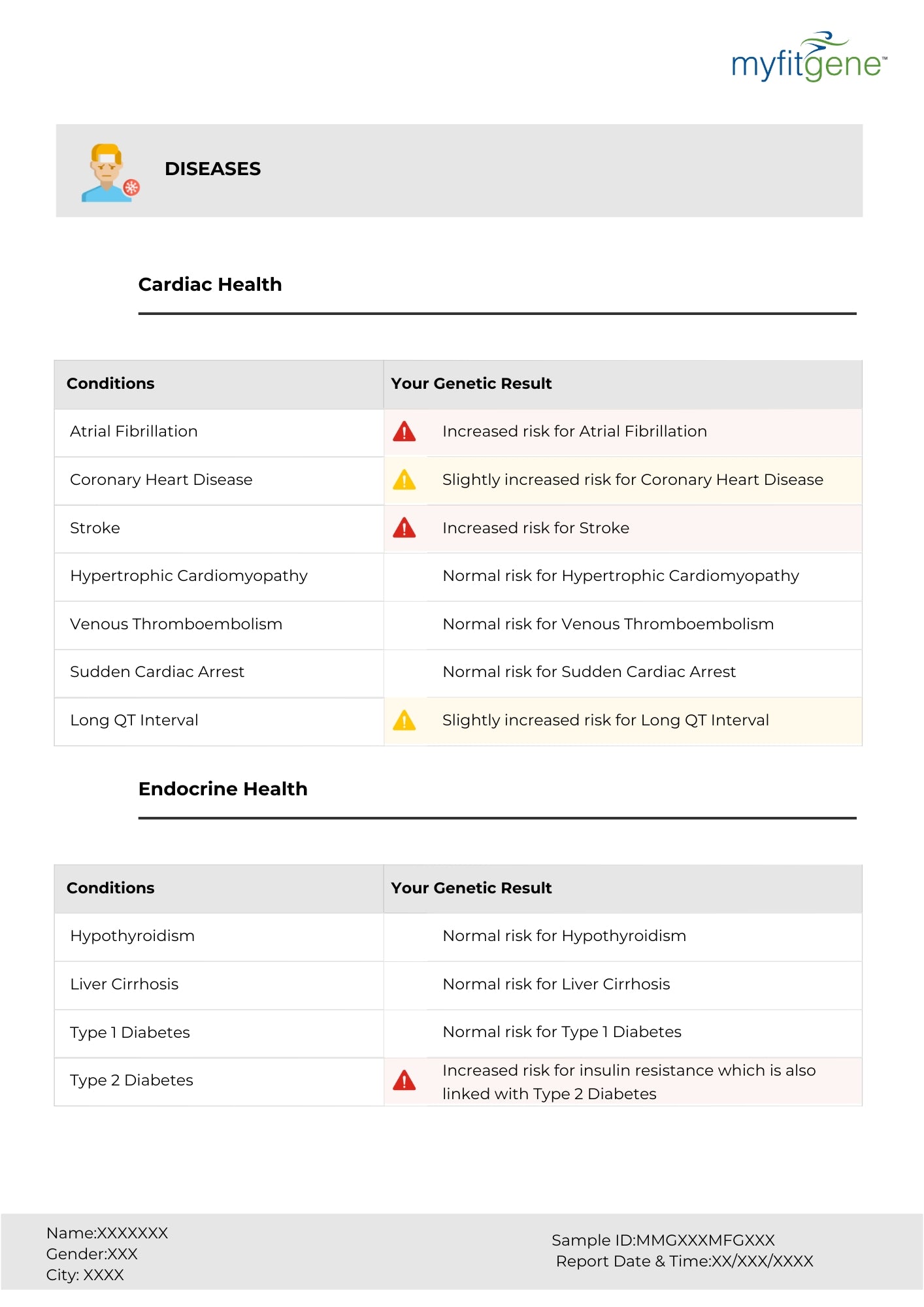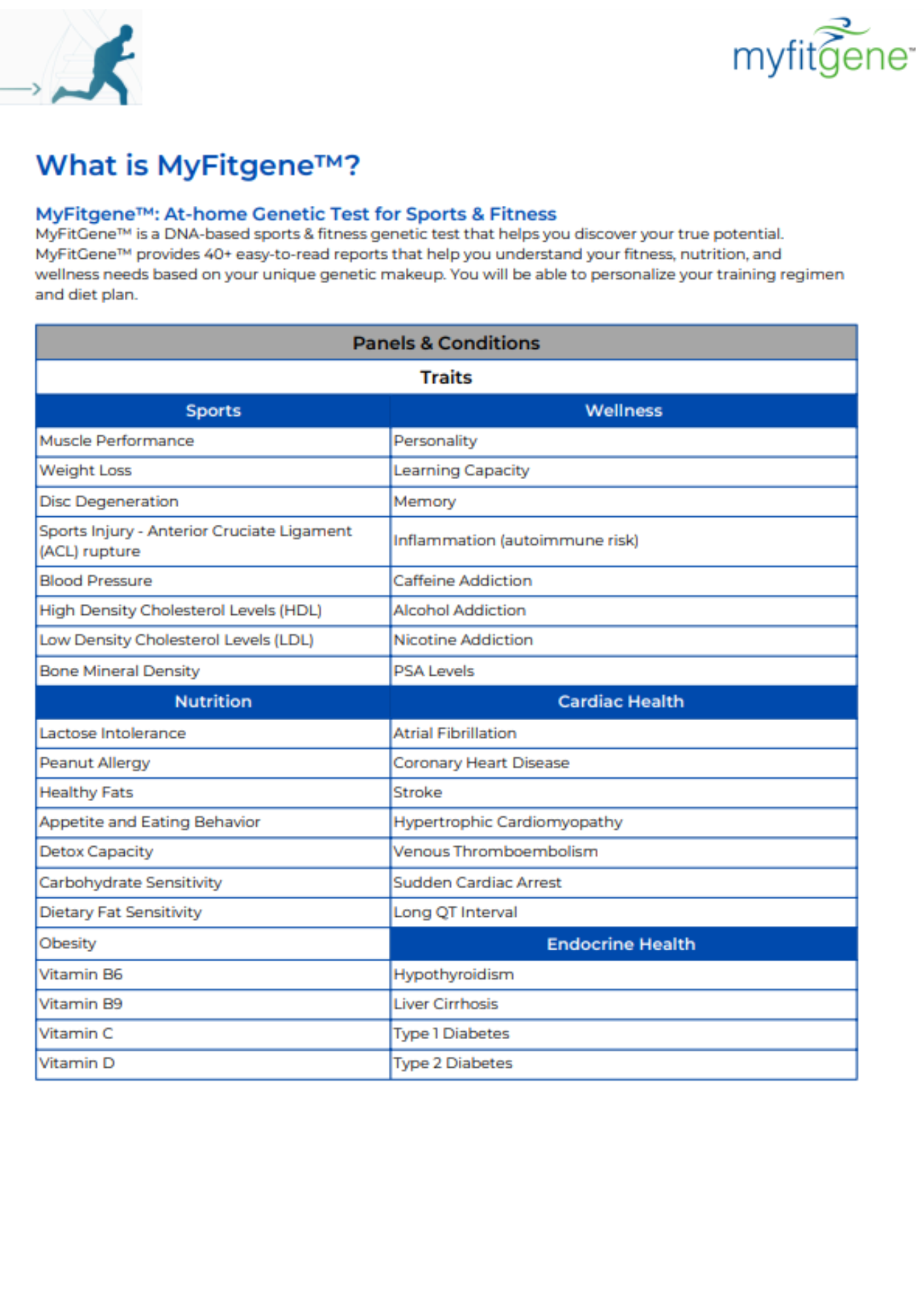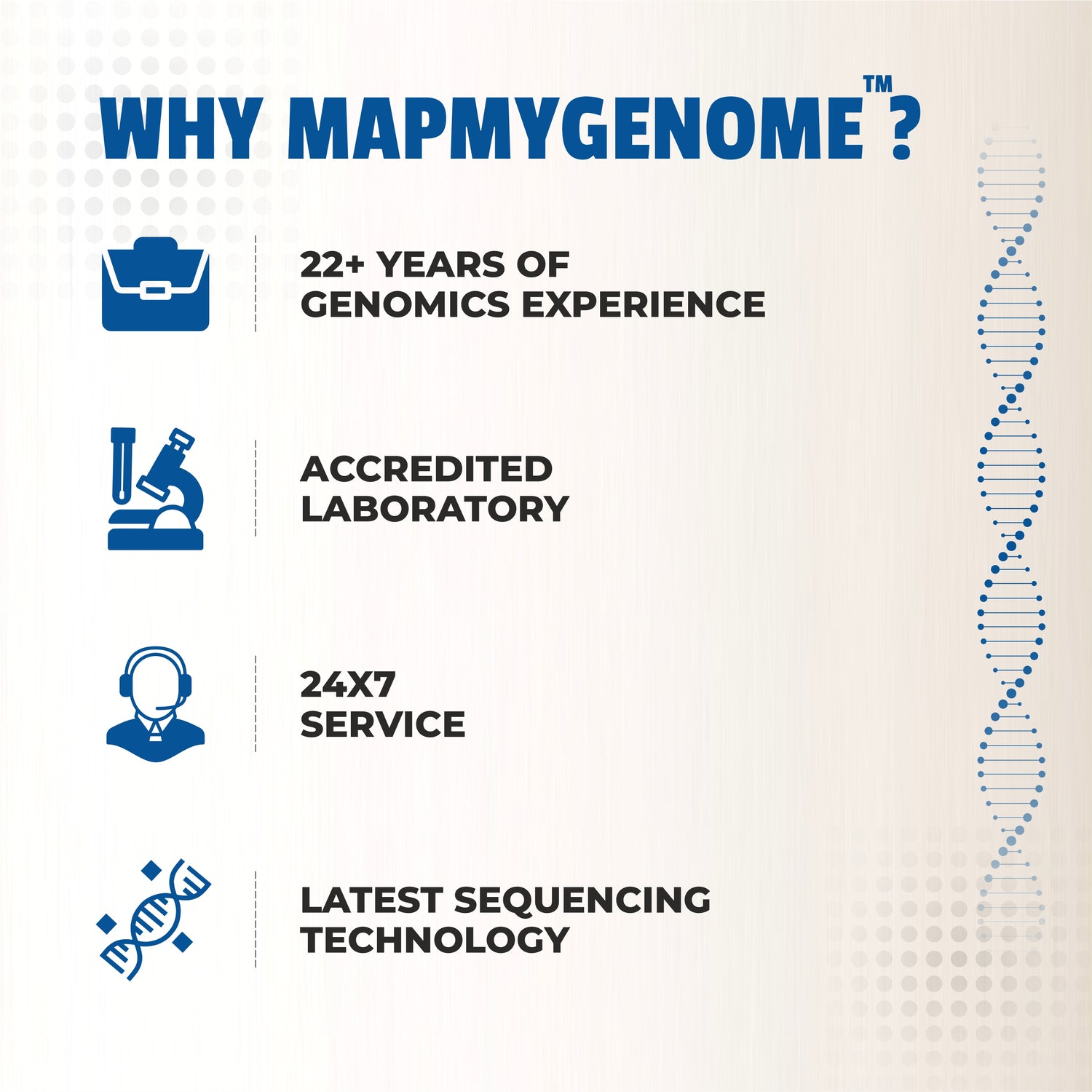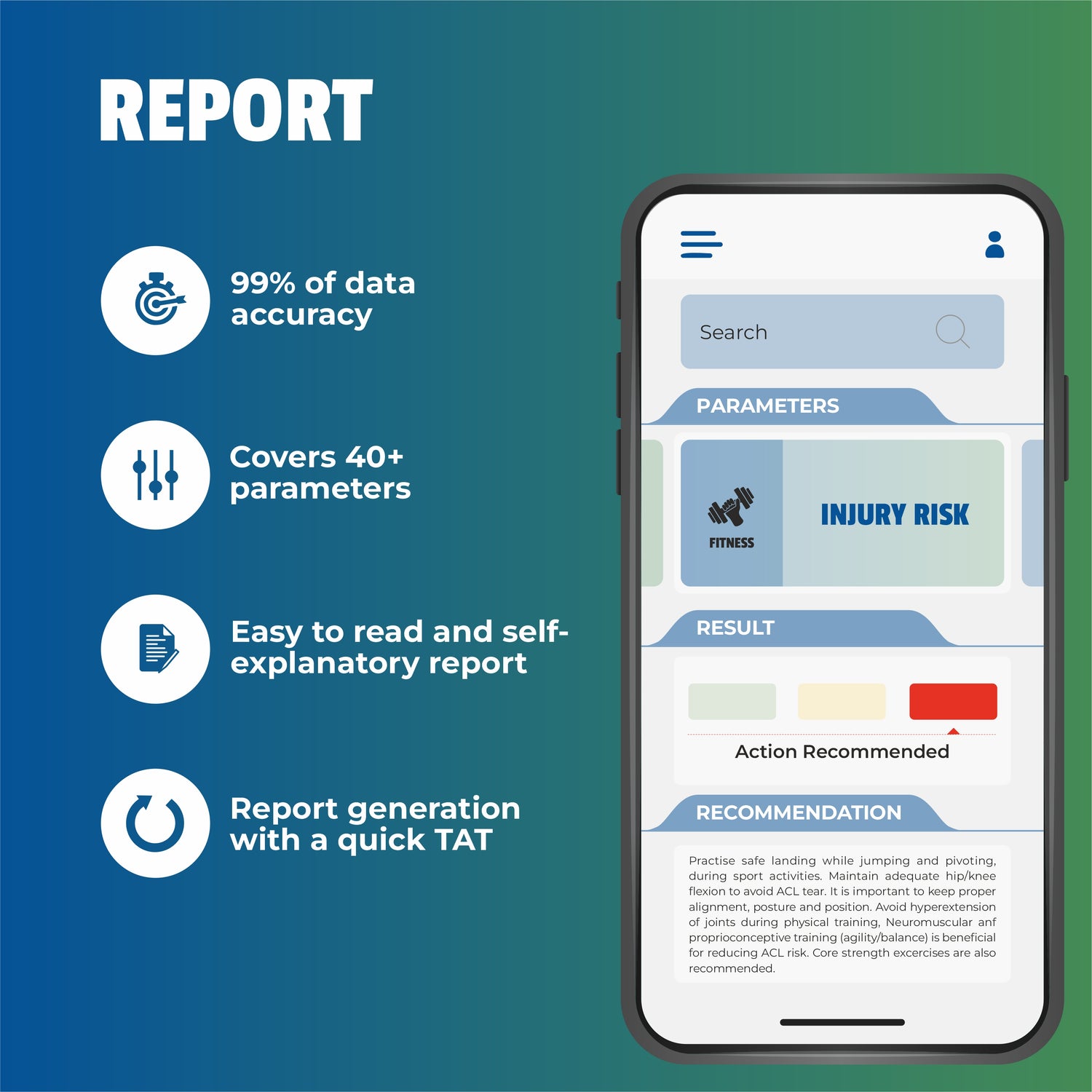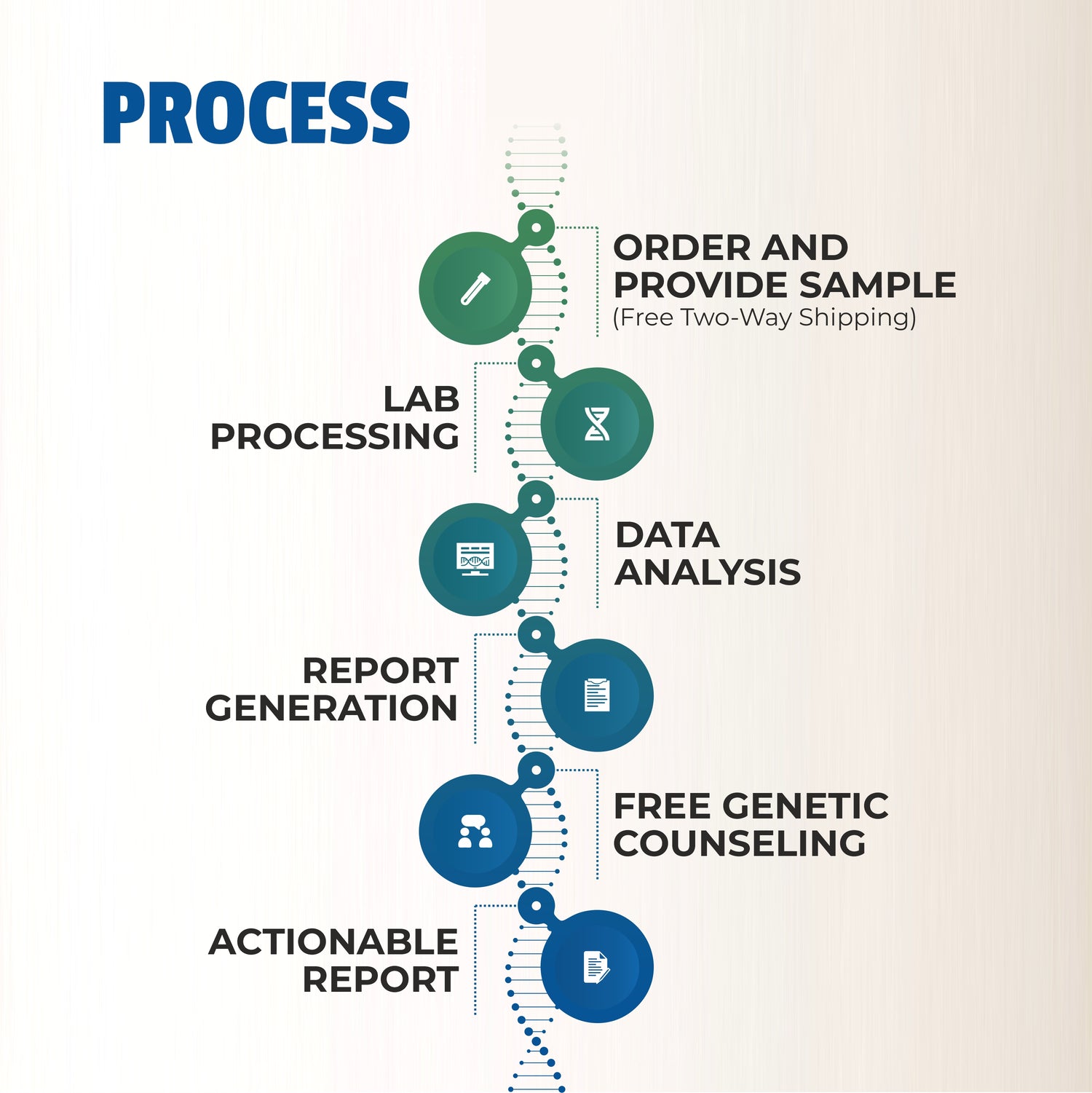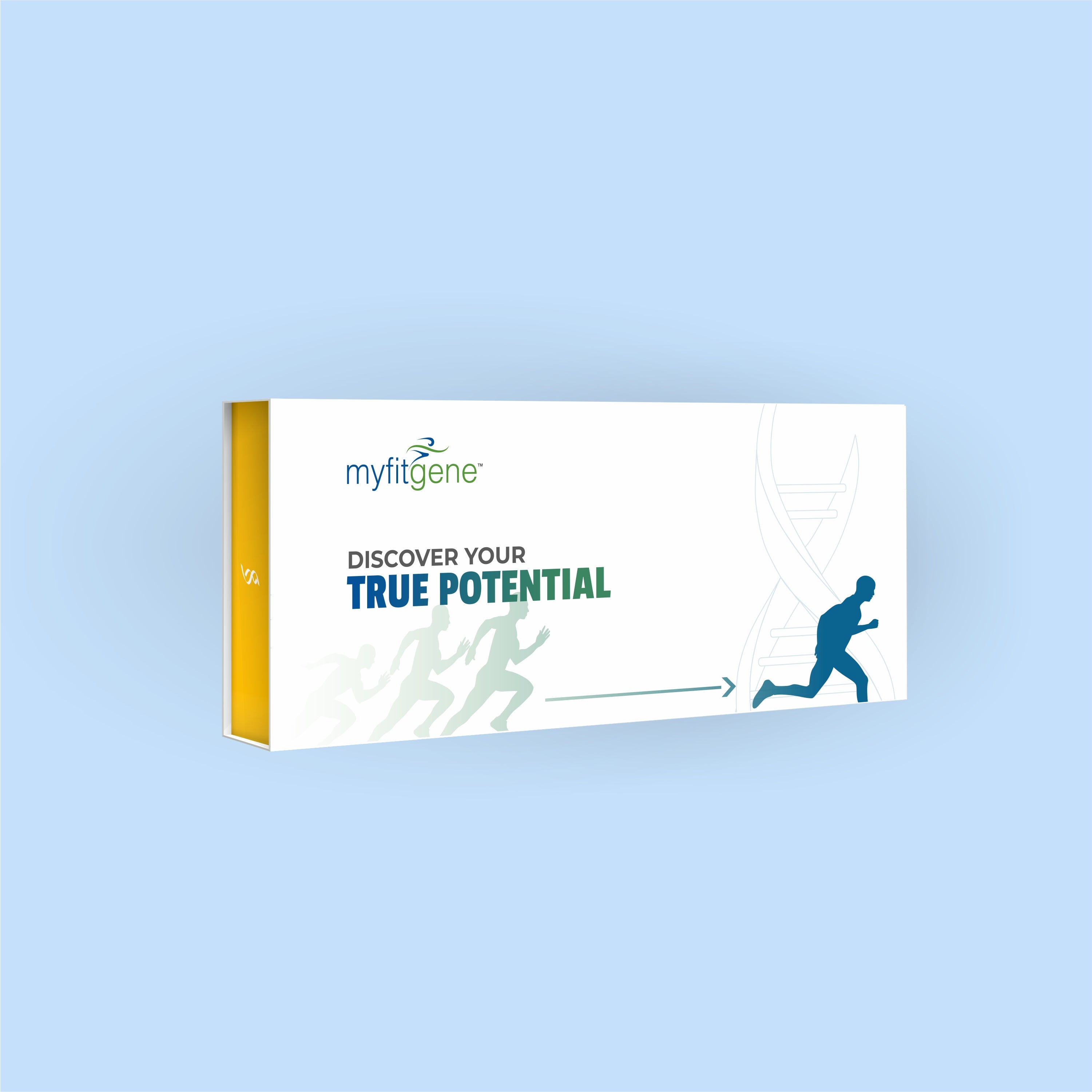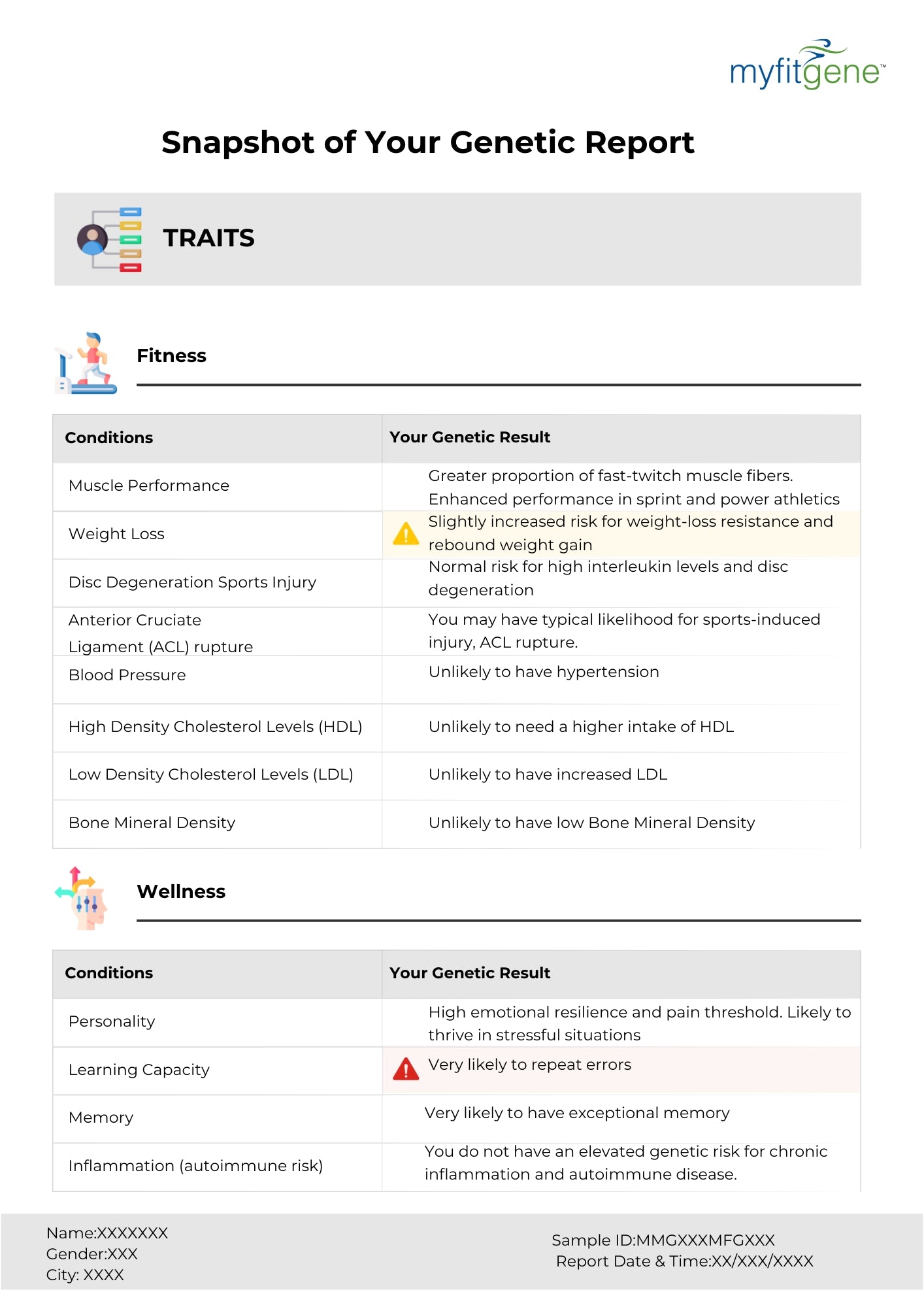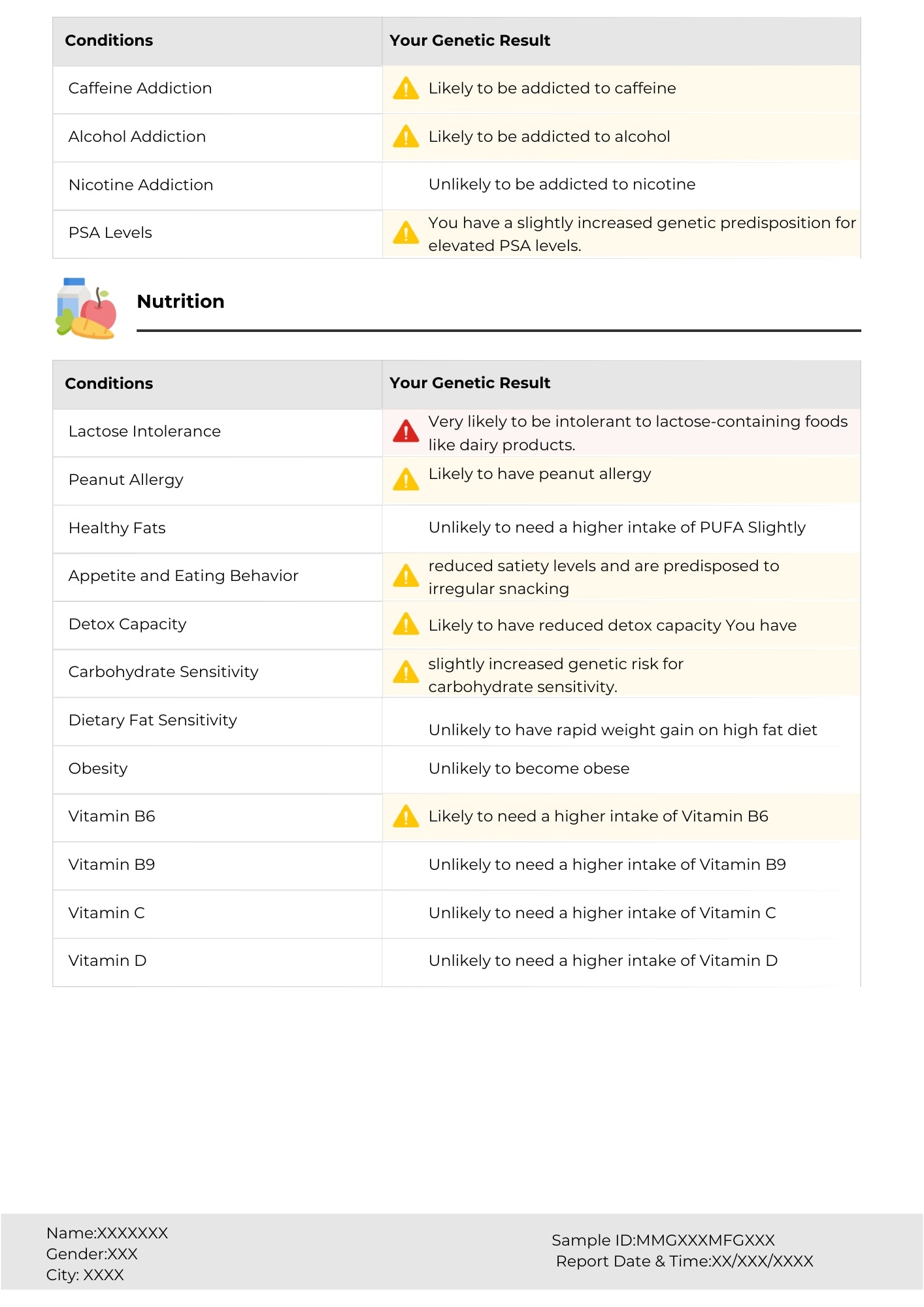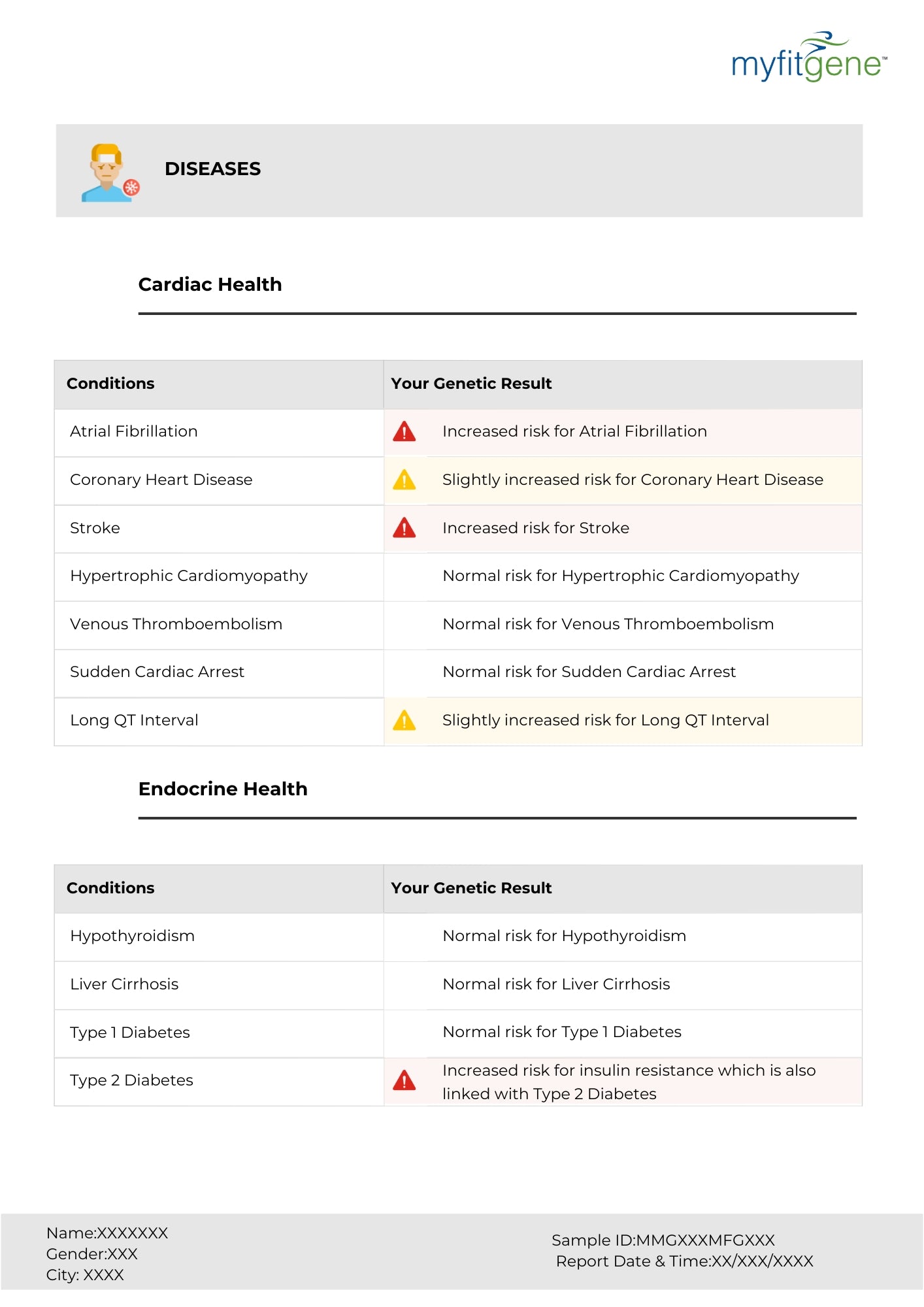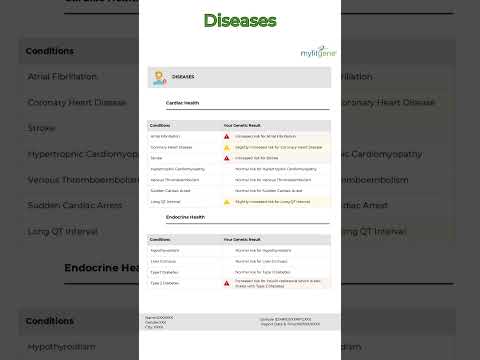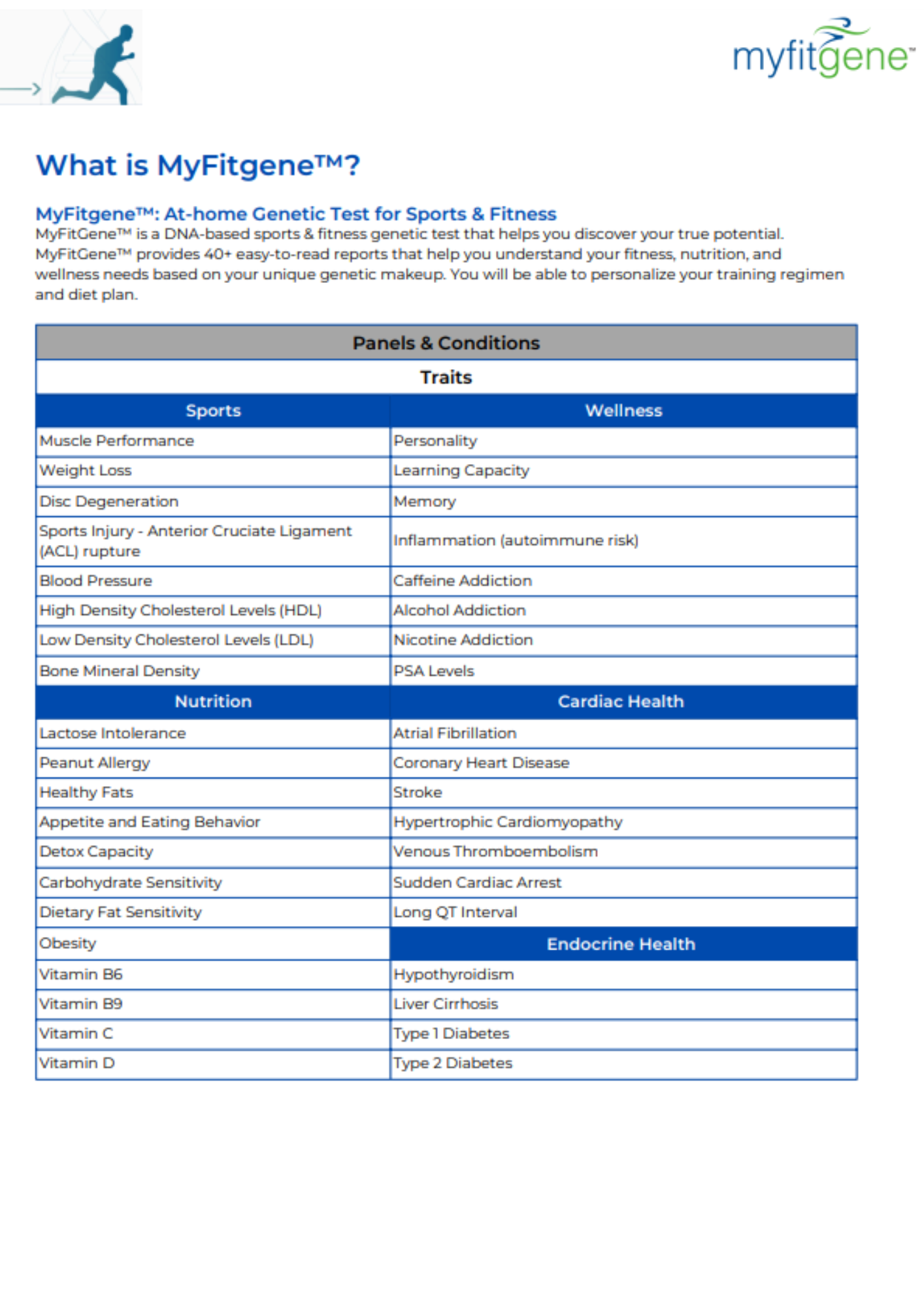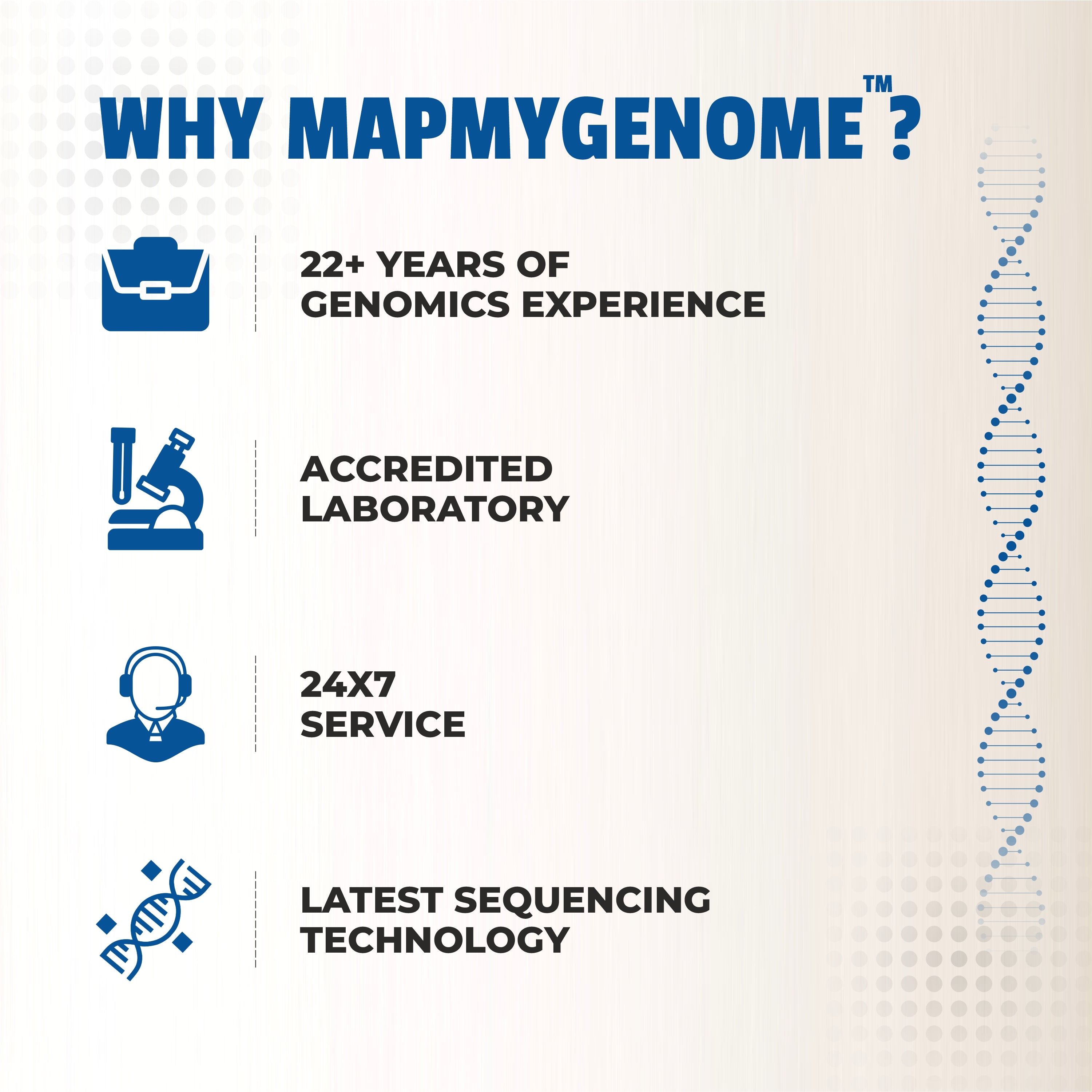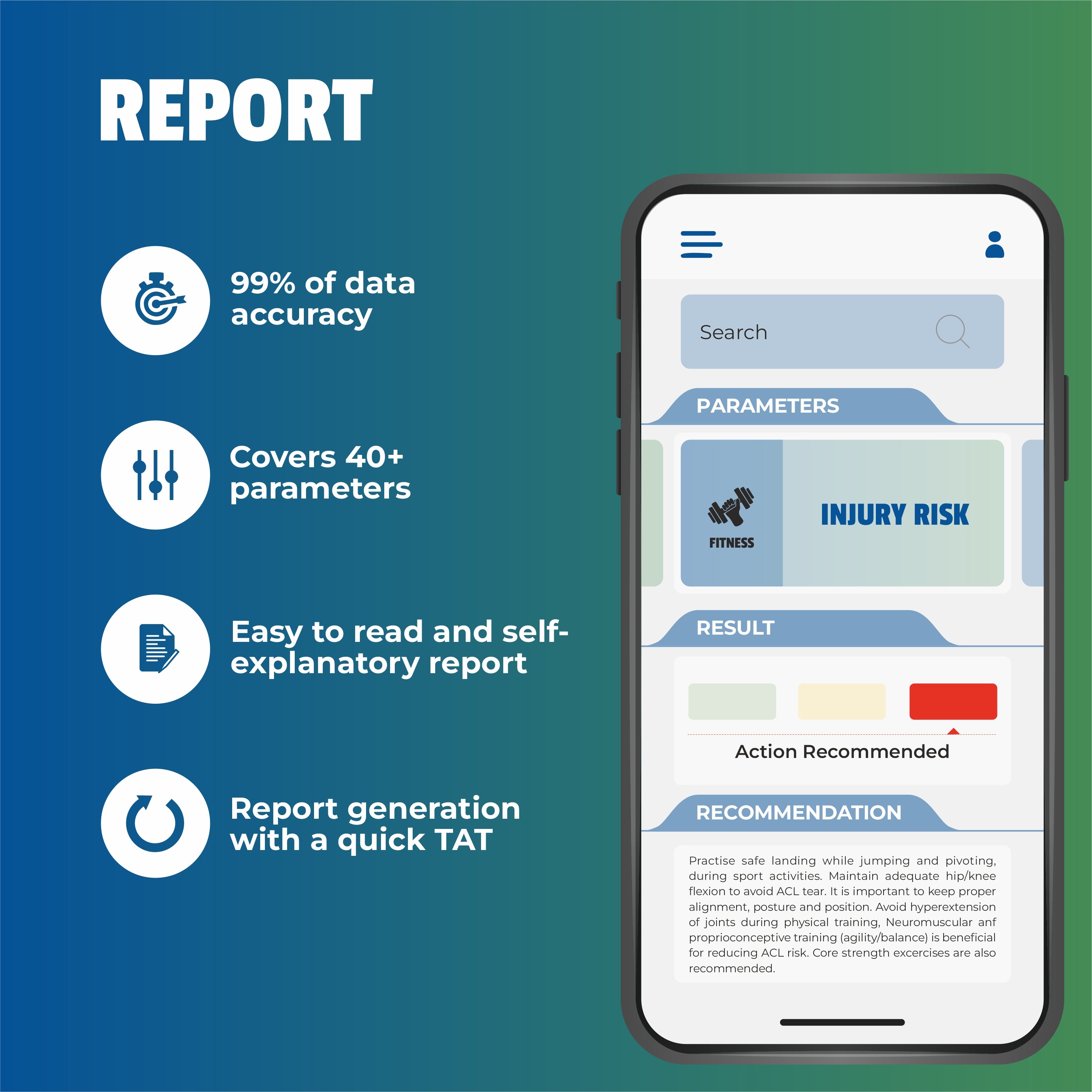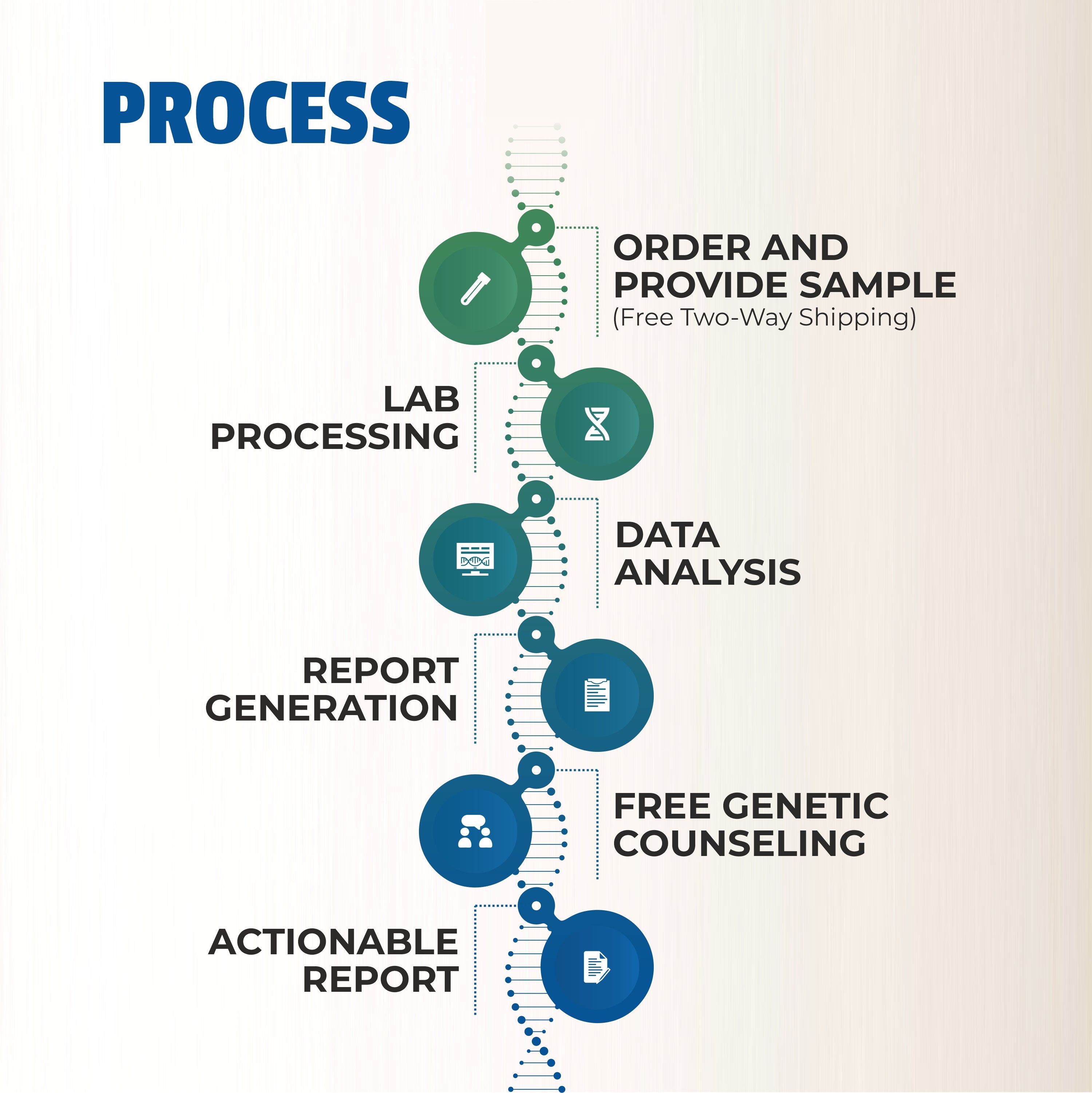When it comes to building muscle, one of the most common questions is, “How much protein do I actually need?” Whether you’re hitting the gym regularly, starting a new fitness journey, or just curious about how protein fits into muscle-building, this guide will help you understand the ideal protein intake for muscle growth.
Let’s dive into the details of how much protein is recommended daily for muscle gain, how to get enough protein, and other essential tips for success.
Why Is Protein Important for Muscle Growth?
Protein is made up of amino acids, the “building blocks” of muscle. Every time you exercise, especially strength training, your muscles experience small tears. Protein helps repair these tears, making your muscles stronger and bigger over time. In other words, protein is the fuel that helps muscles grow and recover after each workout.
How Much Protein Per Day to Build Muscle?
The amount of protein you need varies depending on your body weight, goals, activity level, and age. However, there are general guidelines to help you get started.
Recommended Protein Intake for Muscle Growth
For muscle building, research suggests consuming 1.2 to 2.2 grams of protein per kilogram of body weight per day. Here’s a quick reference based on different body weights:
- 150 lbs (68 kg): 82–150 grams per day
- 180 lbs (82 kg): 98–180 grams per day
- 200 lbs (91 kg): 110–200 grams per day
If you’re new to muscle building, aim for the lower end, around 1.2 grams per kilogram. For those who are more experienced with weight training or are looking to build substantial muscle, closer to 2 grams per kilogram will help optimize muscle growth.
Calculating Your Personal Protein Needs
To make it easier:
- Convert your weight to kilograms. (Divide your weight in pounds by 2.2.)
- Multiply that by 1.2 to 2.2, depending on your goals and experience level.
For example, if you weigh 160 lbs, divide that by 2.2, which equals about 73 kg. Then, multiply 73 kg by 1.2 (minimum) and 2.2 (maximum). That’s between 88 and 160 grams of protein per day.
Does More Protein Mean More Muscle?
It’s tempting to think that the more protein you eat, the more muscle you’ll build. However, your body can only process so much protein in a day. Beyond a certain point, extra protein won’t contribute to muscle growth. Instead, focus on consistent protein intake and balanced nutrition.
How to Hit Your Daily Protein Goals
Now that you have a target, the next step is figuring out how to get enough protein every day. Here are some easy ways to reach your daily protein goals:
Include Protein in Every Meal
Try to spread your protein intake across meals for maximum benefit. This means including protein in breakfast, lunch, dinner, and snacks.
Top Protein-Rich Foods for Muscle Growth
- Lean Meats: Chicken breast, turkey, lean beef
- Fish: Salmon, tuna, cod
- Eggs: Great for breakfast or post-workout snacks
- Dairy: Greek yogurt, cottage cheese, and milk
- Legumes: Lentils, chickpeas, black beans
- Protein Shakes or Bars: Convenient for on-the-go protein
Using Protein Supplements
If you’re struggling to meet your protein needs with food alone, protein powder can be a helpful addition. Look for high-quality options such as whey, casein, or plant-based protein powders. Use a scoop in your smoothie or post-workout shake to easily add 20–25 grams of protein.
When Should You Eat Protein for Maximum Muscle Growth?
The timing of protein intake can play a role in muscle growth. Here’s when to aim for protein throughout your day:
Pre-Workout Protein
Having a protein-rich snack before working out can help kickstart muscle recovery even before you hit the gym. Try a small snack like a Greek yogurt or a handful of nuts.
Post-Workout Protein
Post-workout is the best time to load up on protein to help repair muscles and encourage growth. A shake, protein bar, or a meal within 30–60 minutes of your workout is ideal.
Bedtime Protein
Some research suggests that having a protein snack before bed can help muscle recovery overnight. Foods like cottage cheese, which have slow-digesting protein, are a good choice.
Common Myths About Protein and Muscle Growth
When it comes to muscle-building, there’s a lot of conflicting advice out there. Here are a few common myths to watch out for:
Myth #1: You Can Only Absorb 30g of Protein at Once
While there’s some truth to the idea that your body can only digest so much at a time, there’s no exact limit. What’s more important is your total daily intake.
Myth #2: High Protein Equals More Muscles Automatically
Simply eating protein won’t make you muscular. Muscle building also requires exercise, particularly resistance training.
Myth #3: Protein is Only Important Right After Exercise
While post-workout protein is beneficial, it’s not the only time that matters. Aim for balanced intake throughout the day for best results.
FAQs About How Much Protein Per Day to Build Muscle
Q1. Can I build muscle without protein supplements?
Absolutely! You can get all the protein you need from whole foods like meat, fish, eggs, and dairy. Supplements are just a convenient option.
Q2. How many grams of protein per meal should I aim for?
For balanced intake, aim for around 20–30 grams per meal, depending on your total daily goal.
Q3. Does age affect how much protein I need to build muscle?
Yes, as we age, our bodies may need a bit more protein to support muscle maintenance and growth. Older adults might consider aiming for the higher end of the protein range.
Q4. Is it okay to have high protein if I don’t work out?
While high protein is generally safe, it’s most beneficial for muscle growth when paired with exercise. If you’re not exercising, you likely don’t need as much.
Q5. Are plant-based proteins as effective as animal-based proteins?
Yes, plant-based proteins can be just as effective if you’re eating a variety of sources to ensure you’re getting all the essential amino acids.
Final Thoughts on Protein for Muscle Building
Getting enough protein is key for anyone looking to build muscle, but it doesn’t have to be complicated. Focus on hitting your daily goal consistently, timing your intake around workouts, and enjoying a variety of protein-rich foods. Small, steady changes can lead to big results over time.
Remember: Building muscle is a journey that requires patience, effort, and consistency. By ensuring you get the right amount of protein every day, you’re setting yourself up for success!



